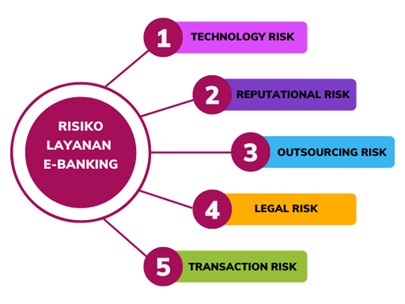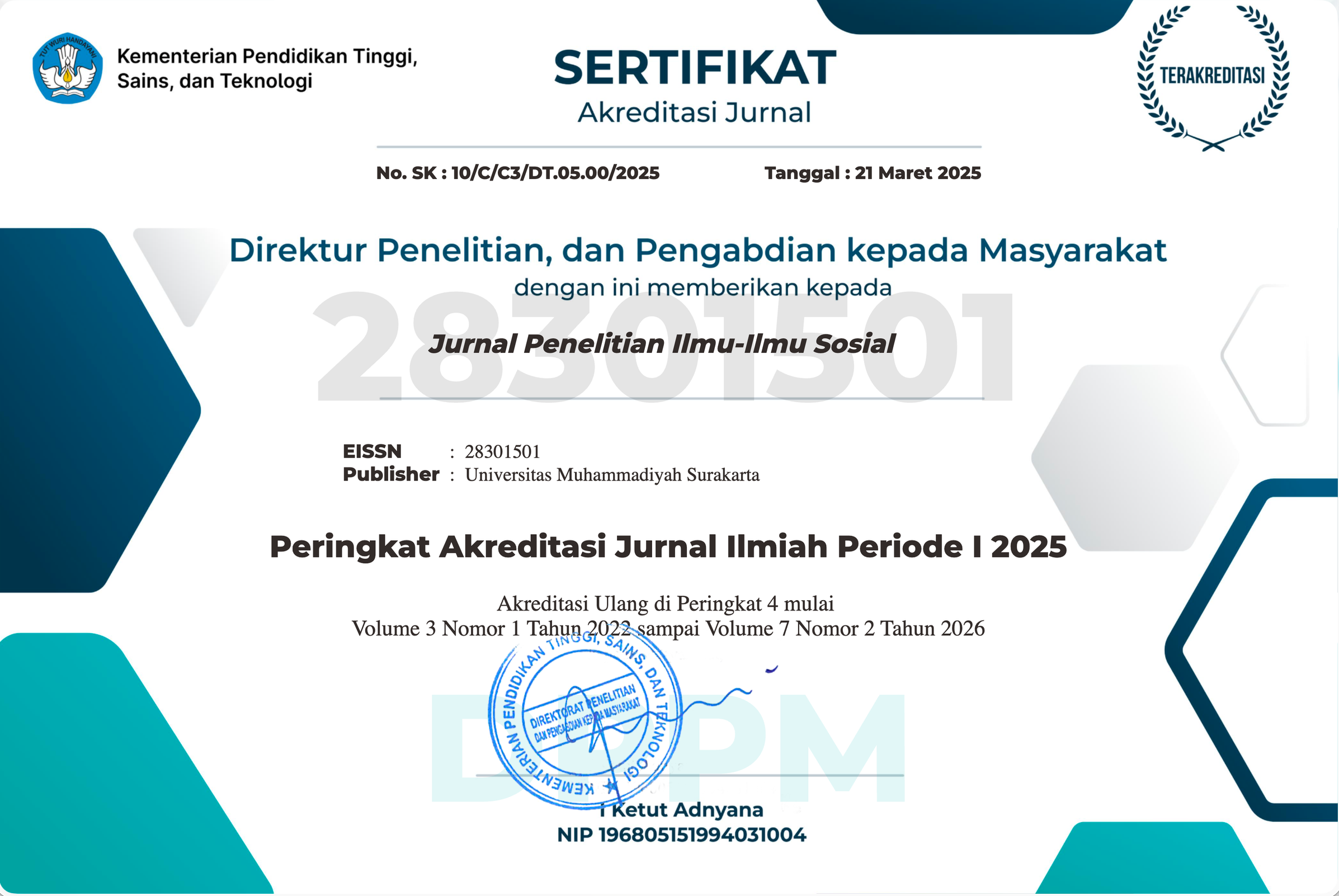Implementation of Data Protection Authority (DPA) in Indonesia: The Urgency of Legal Protection of Customer's Personal Data in E-Banking Service Transactions
DOI:
https://doi.org/10.23917/sosial.v5i1.2375Keywords:
data protection authority, personal data, e-bankingAbstract
The development of science and technology has led to significant changes, shifting global supply chains into the digital and virtual realm. One of the technological advancements that offers new business opportunities, particularly in the banking sector, is e-banking, which transforms the way transactions are conducted, making them cashless. However, substantial progress in digital banking technology also brings high risks, encompassing both tangible and intangible losses, significantly if customer rights are weakened due to the bank's violations. Currently, the ITE Law and the Personal Data Protection Law in Indonesia are inadequate for safeguarding customers in the context of e-banking services. Therefore, this research aims to achieve customer security and protection from personal data leakage and fraud risks by implementing the Data Protection Authority (DPA). This approach also encourages banks to take responsibility for their actions and provides a strong legal basis for customers to seek compensation for potential losses. To address this issue, our research employs a normative juridical research method, which examines legal norms, principles, and doctrines related to protecting customers' data in digital-based banking transactions. The Data Protection Authority (DPA) is proposed as a crucial legal protection concept for safeguarding customer personal data, playing a vital role in preventing cybercrime and the misuse of personal information. With the establishment of a comprehensive DPA, law enforcement against violations in digital-based banking transactions will become more effective, preserving an individual's freedom of expression and supporting the mission of sustainable development.
Downloads
References
Andriani, N.; Elita, V.; Rahmalia, S. (2011). Hubungan Bentuk Perilaku Bullying Dengan Tingkat Stres Pada Remaja Korban Bullying. Program Study Ilmu Keperawatan 426–35.
Arif, A. M. (2020). Perspektif Teori Sosial Emile Durkheim Dalam Sosiologi Pendidikan. Moderasi: Jurnal Studi Ilmu Pengetahuan Sosial 1(2):1–14. doi: 10.24239/moderasi.vol1.iss2.28.
Durkheim, E. (1897). Le Suicide. edited by F. Alcan. Paris: Annciene Librairie Germer Balliere.
Jariah, R. A.; Rahman, F.; Amir, M. P. (2022). Social Problems In Drama 13 Reasons Why: Peirce Semiotics Approach. TEKSTUAL 20(1):48–60. doi: 10.33387/tekstual.v20i1.4508.
Jones, R. A. (1986). Bunuh Diri (1897). Durkheim.Uchicago.Edu. https://durkheim.uchicago.edu/Summaries/suicide.html
Kusumasari, F. (2020). Eksistensi Perempuan Dalam Film (Analisis Semiotika Terhadap Film Athirah, Salawaku, Dan Aisyah Biarkan Kami Bersaudara). 29.
Kedutaan Besar Republik Korea untuk Republik Indonesia. (2005). Agama Penduduk Korea Selatan. Overseas.Mofa.Go.Kr. https://overseas.mofa.go.kr/id-id/wpge/m_2764/contents.do
L.Yoon. (2024). Distribusi penduduk di Korea Selatan per November 2023 menurut agama. Statista.Com. https://www.statista.com/statistics/996013/south-korea-population-distribution-by-religion/
Pratiwi, K. P.; Hasanah, U. (2016). Representasi Perilaku Bullying Dalam Drama Korea School 2015. Doctoral dissertation, Universitas Gadjah Mada, Yogyakarta.
Prilyanti, D., Eulina, Eulina, I. S. (2019). Bangkit Melawan Bullying. 5(8):1.
Purba, J. (2005). Pengelolaan Lingkungan Sosial. kedua. Jakarta: Yayasan obor Indonesia.
Purwanti, S.; Rohmah, A. N. (2020). View Of Mahasiswa Dan Bunuh Diri Resiliensi Mahasiswa Dalam Menghadapi Skripsi. Pengabdian Pada Masyarakat 4(4):8.
Sari, R. N.; Agung, I. M. (2015). Pemaafan Dan Kecenderungan Perilaku Bullying Pada Siswa Korban Bullying.” Jurnal Psikologi UIN Sultan Syarif Kasim Riau 11(Juni):32–36.
Setiowati, A.; Dwiningrum, S. A. (2020). Strategi Layanan Bimbingan Dan Konseling Di Sekolah Dasar Untuk Mengatasi Perilaku Bullying. Elementary School: Jurnal Pendidikan Dan Pembelajaran Ke-SD-An 7(2). doi: 10.31316/esjurnal.v7i2.750.
Sugiyono. (2008). Metode Penelitian Kuantitatif, Kualitatif, R Dan D. Bandung: Alfabeta.
Voronov, M., & Singer, J. A. (2002). The myth of individualism-collectivism: A critical review. Journal of Social Psychology, 142(4), 461–480. https://doi.org/10.1080/00224540209603912

Downloads
Submitted
Accepted
Published
Issue
Section
License
Copyright (c) 2024 Risqiana Risqiana, Jessenia Hayfa, Rizky Rani, Sheren Regina Wungkana

This work is licensed under a Creative Commons Attribution 4.0 International License.















